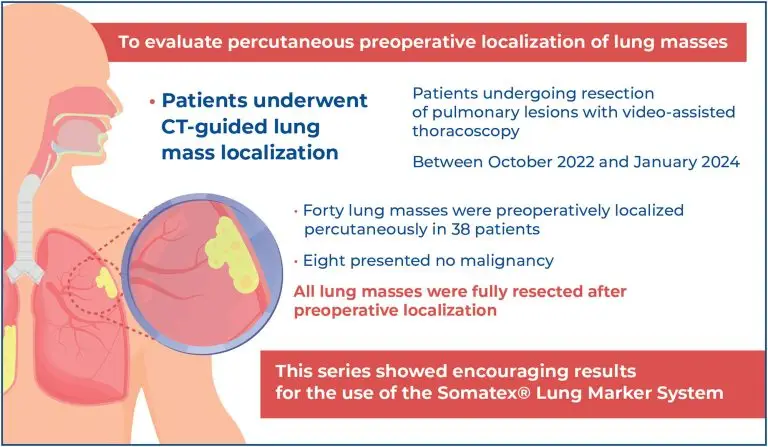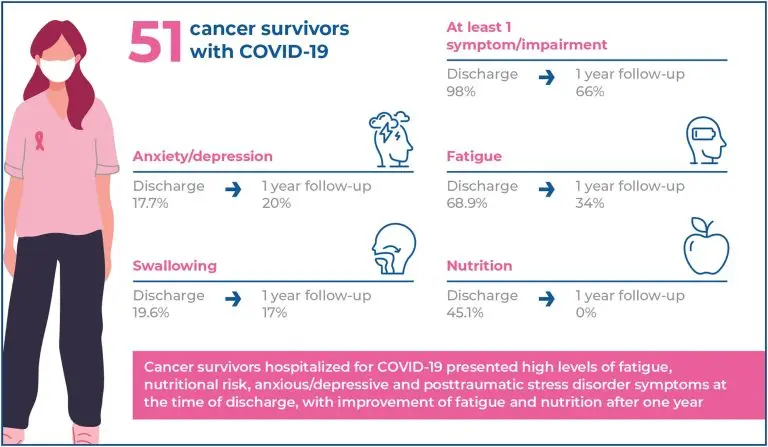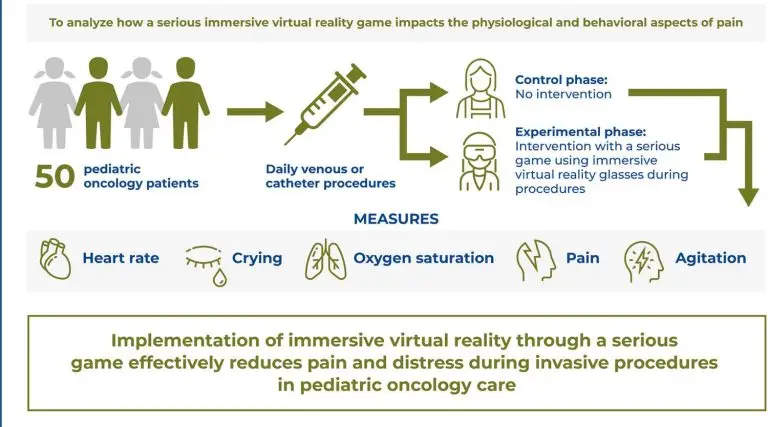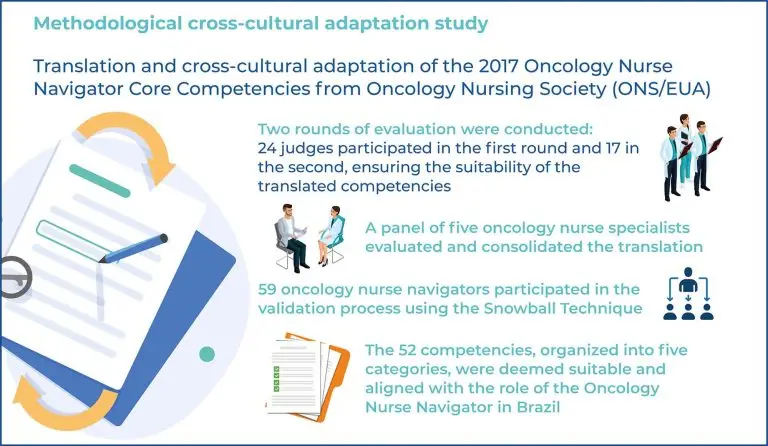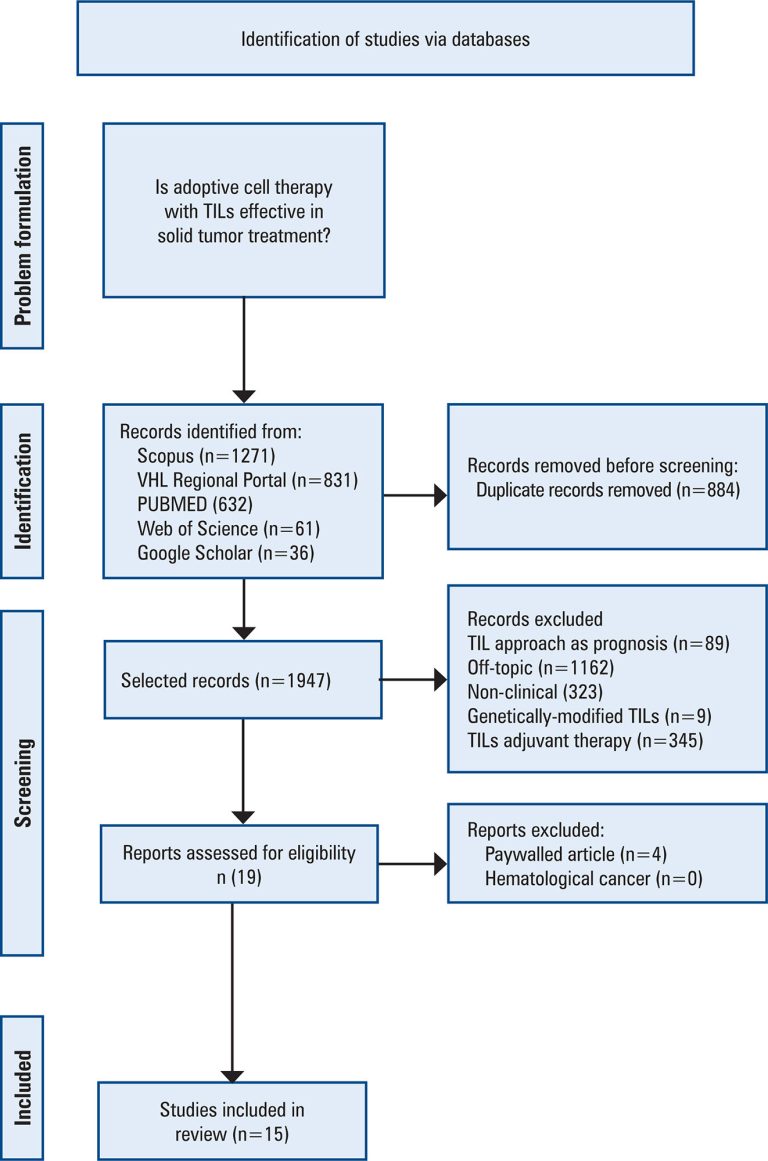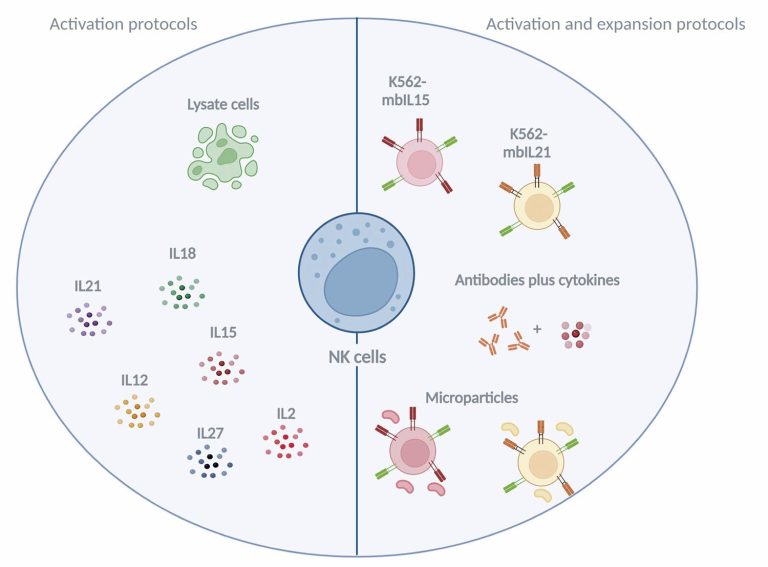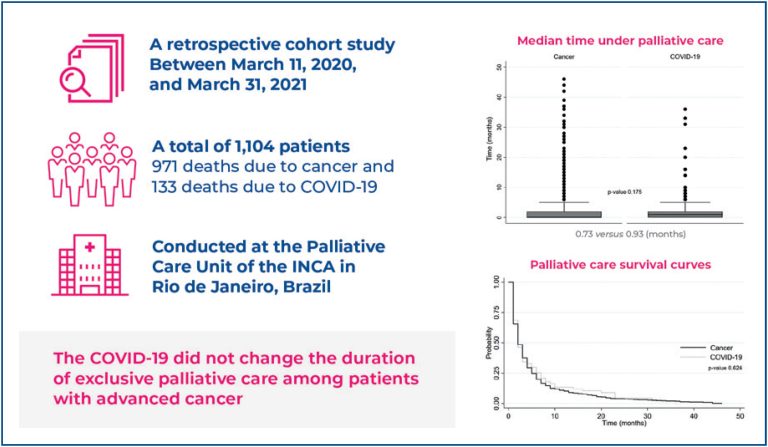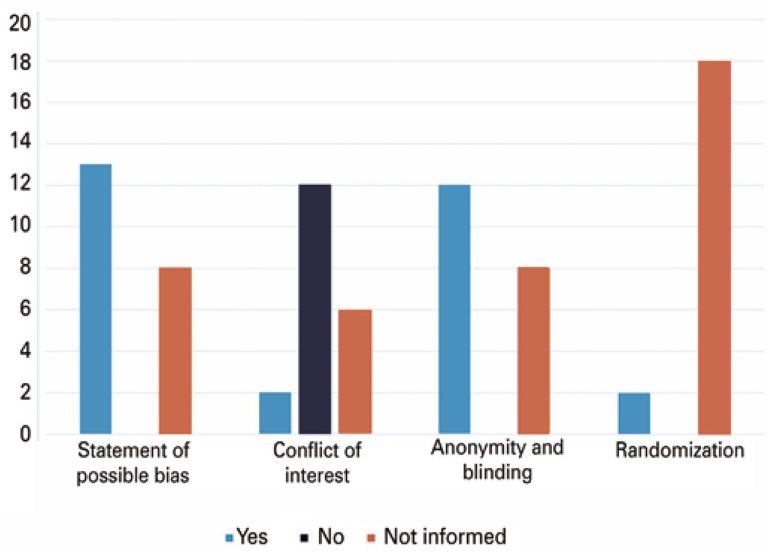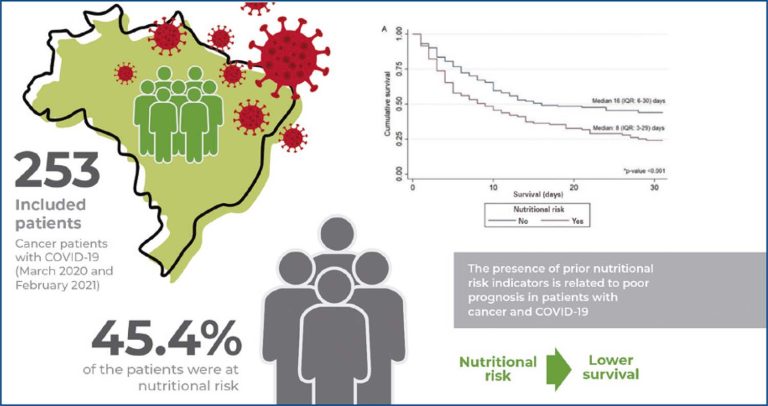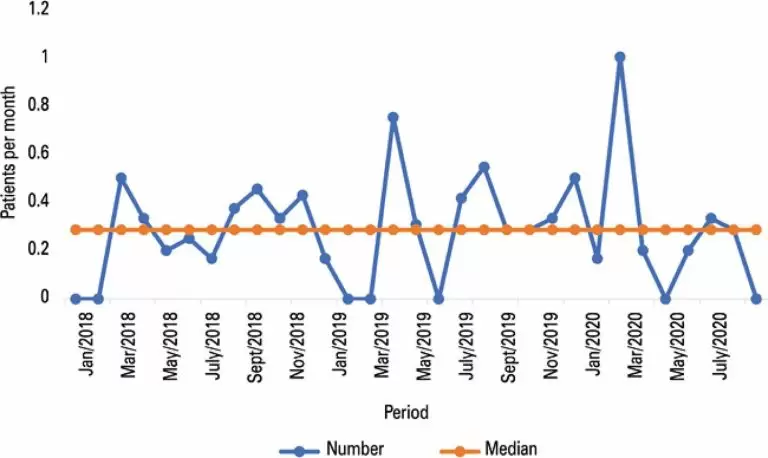11/Sep/2025
CT-guided preoperative localization of nonpalpable pulmonary lesions with a specifically designed device: evaluation of safety and efficacy
einstein (São Paulo). 11/Sep/2025;23:eAO1622.
View Article11/Sep/2025
CT-guided preoperative localization of nonpalpable pulmonary lesions with a specifically designed device: evaluation of safety and efficacy
DOI: 10.31744/einstein_journal/2025AO1622
Highlight ■ This method enables surgeons to visually identify the lesion pathway without intraoperative imaging, enhancing precision and workflow. ■ A practical, cost-effective alternative to high-end technologies such as electromagnetic navigation bronchoscopy and hybrid operating rooms. ■ Metallic wires offer excellent intraoperative visibility on the lung surface, supporting their clinical utility. ■ All nonpalpable nodules were successfully resected, with no complications related to the preoperative localization procedure. ■ CT-guided preoperative localization of nonpalpable pulmonary lesions using a purpose-built device demonstrates […]
Keywords: Neoplasms; Preoperative period; Pulmonary nodule; Thoracic surgery, video-assisted; Thoracoscopy; Tomography, x-ray computed; Video-assisted surgery
13/Aug/2025
A prospective and longitudinal cohort study assessing postacute sequelae of SARS-CoV-2 infection in patients with cancer
einstein (São Paulo). 13/Aug/2025;23:eAO1139.
View Article13/Aug/2025
A prospective and longitudinal cohort study assessing postacute sequelae of SARS-CoV-2 infection in patients with cancer
DOI: 10.31744/einstein_journal/2025AO1139
Highlights High fatigue and nutritional risk at discharge improved over one year in cancer survivors. Psychological symptoms, such as anxiety, depression, and posttraumatic stress disorder, remained prevalent for one year. 66% of patients had lasting symptoms or impairments after 12 months of follow-up. Nutritional risk was resolved in the following year. ABSTRACT Objective: Post-COVID symptoms are frequent and can be debilitating, particularly in individuals with cancer. However, their impact on this population remains unclear. This study aimed to prospectively assess […]
Keywords: Activities of Daily Living; Anxiet; Coronavirus infections; COVID-19; Depression; Fatigue; Hospitalization; Intensive care units; Neoplasms; Patient discharge; Post-acute COVID-19 syndrome; SARS-CoV-2; Stress disorders, post-traumatic; Symptom assessment
08/Aug/2025
Impact of a serious immersive virtual reality game in managing pain during venous or catheter procedures in Pediatric Oncology
DOI: 10.31744/einstein_journal/2025AO1327
Highlights ■ Immersive virtual reality reduced heart rate, pain, agitation, and crying during pediatric venipuncture. ■ This technology effectively reduced pain during repeated invasive procedures, including catheter punctures. ■ The serious game strategy is low-cost, easy to implement, and well-suited for pediatric oncology care. ABSTRACT Objective: To analyze the impact of a serious immersive virtual reality game on the physiological and behavioral aspects of pain during peripheral venous access or central catheter puncture in children and adolescents with cancer. Methods: […]
Keywords: Acute pain; Adolescent; Catheterization, peripheral; Child; Heart rate; Neoplasms; Punctures; Virtual reality
11/Jul/2025
Translation and cross-cultural adaptation of the 2017 Oncology Nurse Navigator Core Competencies in Brazil
DOI: 10.31744/einstein_journal/2025AO1348
Highlights ■ The 52 Oncology Nurse Navigator Core Competencies, across five categories, were cross-culturally adapted. ■ The competencies outline oncology nurse navigator’s role in Brazil. Objective: This study aimed to translate and cross-culturally adapt the Oncology Nurse Navigator Core Competencies 2017 instrument into Brazilian Portuguese. Methods: This study used a methodological cross-cultural adaptation approach. After authorization from the authors of the original version of the Oncology Nurse Navigator Core Competencies 2017 comprising 52 competencies, the instrument was translated following the […]
Keywords: Disease management; Neoplasms; Nurses; Patient navigation; Professional competence
22/Nov/2024
Efficacy of treatment with tumor-infiltrating lymphocytes as adoptive cell therapy: an integrative review
einstein (São Paulo). 22/Nov/2024;22:eRW0935.
View Article22/Nov/2024
Efficacy of treatment with tumor-infiltrating lymphocytes as adoptive cell therapy: an integrative review
DOI: 10.31744/einstein_journal/2024RW0935
ABSTRACT Objective: This integrative review article examines the efficacy of adoptive cell therapy using tumor-infiltrating lymphocytes, with a particular focus on the treatment of melanomas and other solid tumors. Methods: The methodology encompasses theme definition, comprehensive database searches, and a critical review of pertinent literature. Of the 1,947 articles initially identified, 15 were meticulously selected based on stringent inclusion and exclusion criteria. Results: The findings suggest that tumor-infiltrating lymphocytes-based therapy is particularly effective in treating metastatic melanomas, as noted by […]
Keywords: Immunotherapy; Immunotherapy, adoptive; Lymphocytes, tumor-infiltrating; Neoplasms
13/Nov/2024
Current landscape of clinical use of ex vivo expanded natural killer cells for cancer therapy
DOI: 10.31744/einstein_journal/2024RW0612
ABSTRACT Natural Killer cells are immune leukocytes required for responses against tumor cells and virus-infected cells. In the last decade, natural killer cells have emerged as promising tools in cancer therapy, and clinical studies on patients treated with natural killer cells have revealed increased rates of disease-free survival. In this article, we review results from the major clinical trials that have used natural killer cells for cancer treatment, including their global distribution. We also discuss the major mechanisms of natural […]
Keywords: Cell culture techniques; Cell- and tissue-based therapy; Feeder cells; Immunotherapy; Natural killer cells; Neoplasms
25/Sep/2024
Fatality from COVID-19 does not affect palliative care duration among patients with advanced cancer: a retrospective cohort study
einstein (São Paulo). 25/Sep/2024;22:eAO0536.
View Article25/Sep/2024
Fatality from COVID-19 does not affect palliative care duration among patients with advanced cancer: a retrospective cohort study
DOI: 10.31744/einstein_journal/2024AO0536
Highlights Fatality due to COVID-19 does not alter the time under oncological palliative care. The retrospective design of this pioneering study allows causal inference. Access to oncological palliative care frequently approaches terminality of life. ABSTRACT Objective: This study aimed at investigating the extent to which COVID-19-induced fatalities affect the duration of palliative care among patients with advanced cancer. Methods: A retrospective cohort study was conducted at the Palliative Care Unit of the Brazilian Instituto Nacional de Câncer in Rio de […]
Keywords: Cause of Death; COVID-19; Neoplasms; Palliative care; Pandemics; Survival; Underlying cause of death
06/Jun/2023
HIV and neoplasms: What do we know so far?
DOI: 10.31744/einstein_journal/2023RW0231
ABSTRACT Introduction The human immunodeficiency virus (HIV) pandemic remains an important issue. In 2020, approximately 37.7 million people were living with the disease and there were more than 680 thousand deaths due to complications linked to the disease. Despite these exorbitant numbers, the introduction of highly active antiretroviral therapy has marked a new era, changing the epidemiological profile of the infection and related pathologies, including neoplasms. Objective We performed a literature review to assess the role of neoplasms in patients […]
Keywords: Acquired immunodeficiency syndrome; Antiretroviral therapy, highly active; Carcinogenesis; HIV; Neoplasms
07/Mar/2023
Cancer patients with COVID-19: does prior nutritional risk associated with cancer indicate a poor prognosis for COVID-19?
einstein (São Paulo). 07/Mar/2023;31:eAO0172.
View Article07/Mar/2023
Cancer patients with COVID-19: does prior nutritional risk associated with cancer indicate a poor prognosis for COVID-19?
DOI: 10.31744/einstein_journal/2023AO0172
Highlights Patients at nutritional risk had a lower survival than those not at nutritional risk. Nutritional risk had good discriminatory accuracy to predict death. Nutritional screening should be included as an essential part of care for these patients. ABSTRACT Objective To verify whether the presence of related nutritional risk indicators prior to COVID-19 diagnosis is associated with poor survival in patients with cancer. Methods We retrospectively analyzed the data of hospitalized cancer patients who tested positive for COVID-19 between […]
Keywords: Coronavirus; Coronavirus infections; COVID-19; Malnutrition; Neoplasms; Nutritional status; Prognosis
18/May/2022
Palliative care to cancer patients: how COVID-19 pandemic could affect quality of care
DOI: 10.31744/einstein_journal/2022AO6459
ABSTRACT Objective To evaluate the impact of COVID-19 pandemic on the care delivered to hospitalized cancer patients in end-of-life. Methods A retrospective analysis of data of hospitalized patients with advanced solid tumors, who died under exclusive palliative care during first wave (March 2020 to July 2020) compared with the period previous pandemic (January 2018 to February 2020). Results A total of 190 oncologic patients were included, 161 patients before the pandemic, and 29 in the period from March 2020 to […]
Keywords: Betacoronavirus; Coronavirus infections; COVID-19; Neoplasms; Palliative care; Quality of Health Care; SARS-CoV-2


